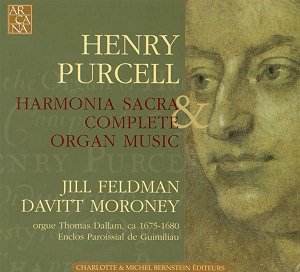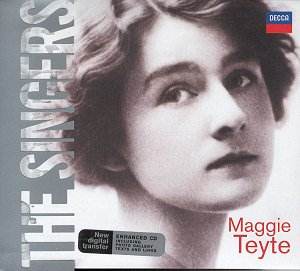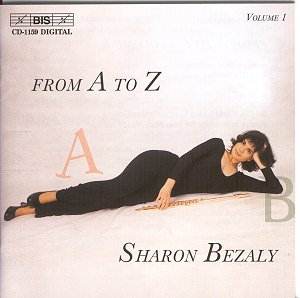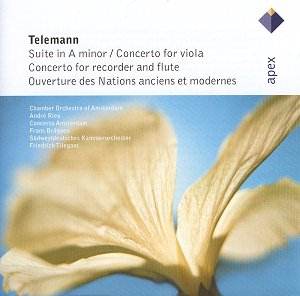 Composer: Henry Purcell
Composer: Henry Purcell
Works: Harmonia Sacra and Complete Organ Music
Performers: Davitt Moroney, organ; Jill Feldman, soprano
Recording: Eglise Paroissial Saint-Miliau, Guimiliau, France, September 1992
Label: ARCANA A 310
Henry Purcell, a luminary of the English Baroque, occupies a unique position within the canon of Western music. His output, though limited by the brevity of his life (1659-1695), encompasses a wide array of sacred and secular works that showcase his profound ability to convey human emotion through music. The collection “Harmonia Sacra and Complete Organ Music” encapsulates his sacred sensibilities and organ compositions, presenting a compelling dialogue between voice and instrument. This recording, featuring Davitt Moroney on the organ and Jill Feldman as soprano, offers an intimate glimpse into Purcell’s exploration of spiritual desolation and reflection.
Moroney’s interpretation of the organ pieces reveals a deep understanding of Purcell’s musical language. The six surviving organ works are performed with a sense of gravity and introspection that is essential to their sacred character. The Voluntary in D Minor, for instance, is executed with a remarkable sensitivity, showing Moroney’s ability to shape its phrases dynamically. The contrast between the two versions of this piece—one for solo organ and the other for double organ—highlights Purcell’s inventive spirit. Moroney exploits the full range of the instrument, achieving a rich, sonorous palette that enhances the emotional weight of the music. The second version, in particular, stands out as a tour de force of contrapuntal complexity, where the interweaving lines create an almost orchestral texture.
Feldman’s performance of the anthems complements the organ music beautifully. Her voice possesses a purity that is both ethereal and grounded, allowing the text to resonate with poignant clarity. In “Thou wakeful Shepherd,” she opts for a restrained approach, foregoing flamboyant embellishments in favor of a direct emotional connection to the text. This choice is particularly effective, as the understated vibrato lends an air of sincerity to the performance. The somber lyricism of “In the black dismal Dungeon of Despair” is infused with a palpable sense of anguish, yet Feldman navigates the emotional turmoil without succumbing to despair, embodying the resilience that Purcell’s music often suggests.
The recording quality deserves special mention; the acoustic of the Eglise Paroissial Saint-Miliau enhances both the organ’s resonant qualities and the clarity of Feldman’s voice. The balance between instrument and singer is expertly managed, allowing each to shine without overshadowing the other. The engineering captures the nuances of Moroney’s playing, from the delicate whispers of the Voluntary in G Major to the thunderous climaxes of “On our Saviour’s Passion.” This attention to detail ensures that the listener can fully appreciate the intricacies of Purcell’s writing.
While there are other notable recordings of Purcell’s sacred music—such as those featuring the King’s Consort or the Gabrieli Consort—this interpretation stands out for its focused emotional delivery and technical finesse. The juxtaposition of the organ works with the anthems creates a cohesive listening experience that is both reflective and deeply moving.
This recording of Purcell’s sacred music is not merely a collection of pieces; it is a profound meditation on faith, despair, and redemption. Moroney and Feldman’s collaboration results in a deeply affecting interpretation that is essential for anyone interested in exploring the depths of Purcell’s artistry. Their ability to convey the interplay of light and darkness inherent in these works invites repeated listening and reflection, securing this disc a vital place in the Purcellian discography.



